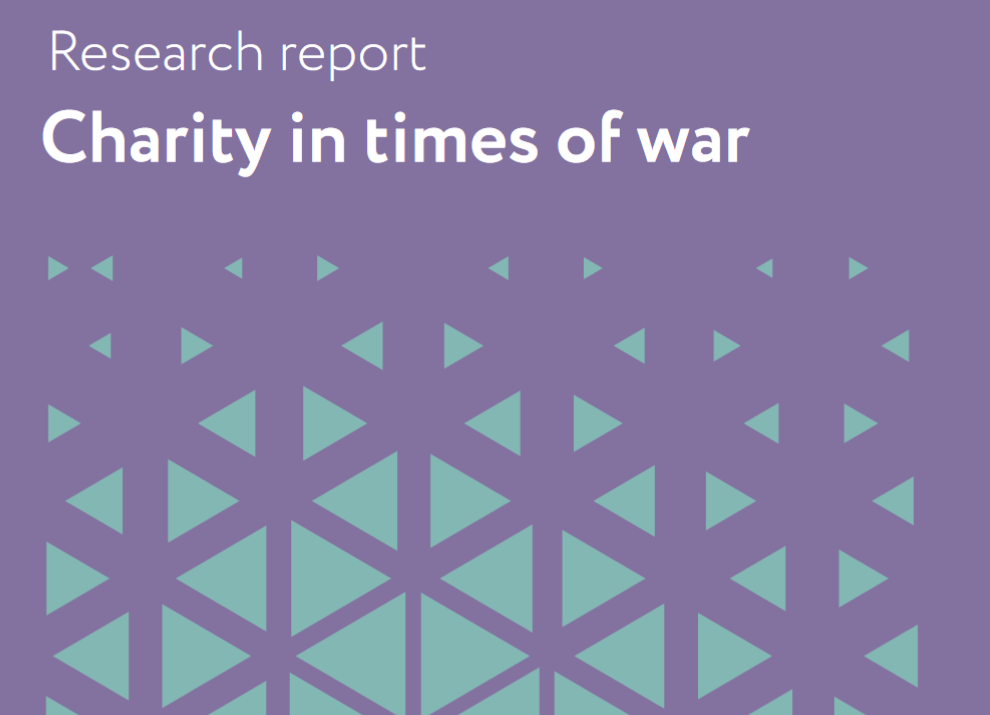Charity in Times of War
The full-scale Russian invasion of Ukraine significantly affected all life processes in the country. The charity and civil society were no exception and were among the first mechanisms that managed to quickly mobilize and adapt their work to the challenges of wartime.

Source: https://zagoriy.foundation/en/publications/charity-in-times-of-war/
Since the beginning of the war, many changes have taken place in Ukraine’s charitable sector. Many new volunteer, community-based and charitable organizations and initiatives have been established. The existing organizations changed the focus of their main activity. At the same time, there is an unprecedented increase in the number of donations and support for the sector.
In addition to the changes, there are a number of challenges faced by representatives of Ukrainian charity – including logistical difficulties, loss of staff due to evacuation, inability to continue ongoing projects or consolidate efforts and resources to implement statutory activities due to a general change in priorities.
However, all changes and developments should be systematized and verified to assess their feasibility and scale. The research and relevant data enable choosing the most appropriate strategy for working with the sector.
Keeping their hands on the pulse of Ukrainian philanthropy, the Zagoriy Foundation decided to conduct a qualitative study of the sector during the full-scale war to identify the main changes and contribute to effective development and support of the sector.
The foundation conducted eight in-depth semi-structured interviews based on a pre-compiled guide consisting of five thematic blocks. The sample consisted of representatives of NGOs and charitable organizations from different parts of Ukraine. Although this study is not representative, to obtain the widest possible range of ideas about changes and new trends in the field, the sample included important key parameters, namely – the time when the organization was set up, its size and location.
The study was conducted by Andrii Kryshtal, research expert for Zagoriy Foundation.
